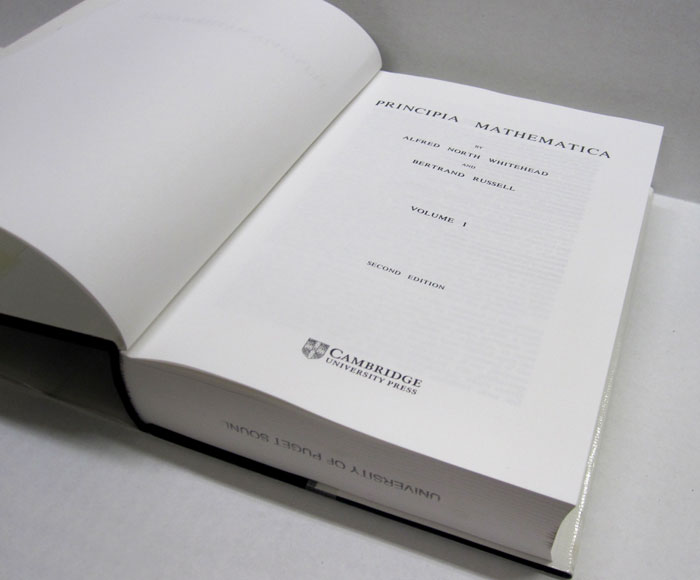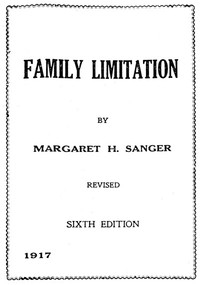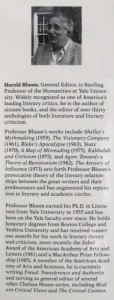1911: Woman’s Part in Government
Author/Editor: William Harvey Allen
Find it in Collins Library!
 The suffrage movement was an important social issue in 1911, although women did not receive the vote universally in the United States until 1920. This book, written by the Director of the Bureau of Municipal Research and National Training School for Public Service, indicates that, “it is not worth while discussing now what fraction of women want to vote. Our task is as rapidly as possible to make all women capable of using the vote when they get it.” In this same year, 1911, the National Association Opposed to Woman Suffrage was organized, espousing the concern that woman suffrage would decrease women’s ability to effect social reforms.
The suffrage movement was an important social issue in 1911, although women did not receive the vote universally in the United States until 1920. This book, written by the Director of the Bureau of Municipal Research and National Training School for Public Service, indicates that, “it is not worth while discussing now what fraction of women want to vote. Our task is as rapidly as possible to make all women capable of using the vote when they get it.” In this same year, 1911, the National Association Opposed to Woman Suffrage was organized, espousing the concern that woman suffrage would decrease women’s ability to effect social reforms.
The book is a fascinating look at citizenship and public perception. It discusses budgets, graft, establishing libraries, inspecting payrolls, milk safety and presidential term limitations, among many other topics.
The Training School for Public Service was founded with a gift of $40,000 from Mrs. E.H. Harriman in the spring of 1911, who clearly believed the tenant in the outlined in the preface of the book, that “woman’s third part in government is that of direct, conscious influencer of public opinion and official action.”


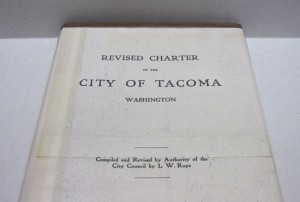
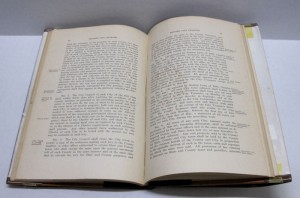
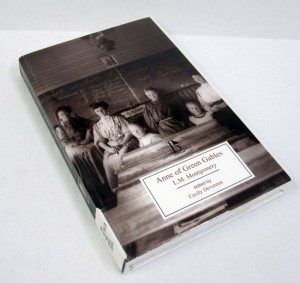
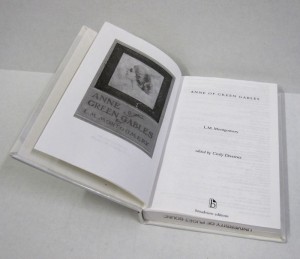








 1912: Death in Venice
1912: Death in Venice